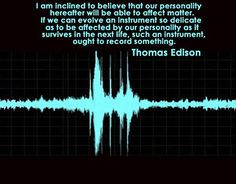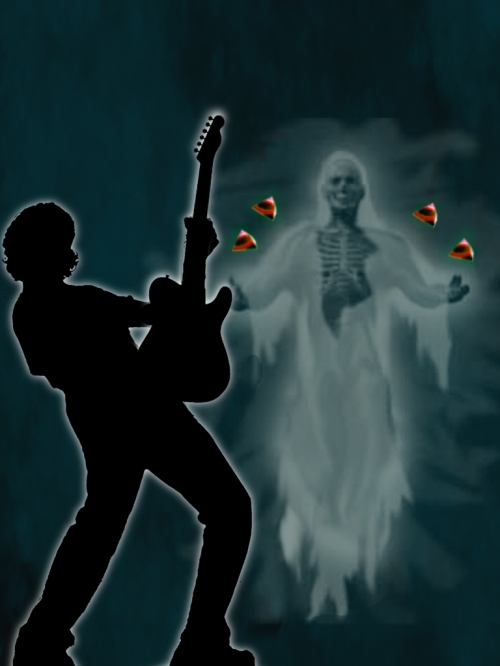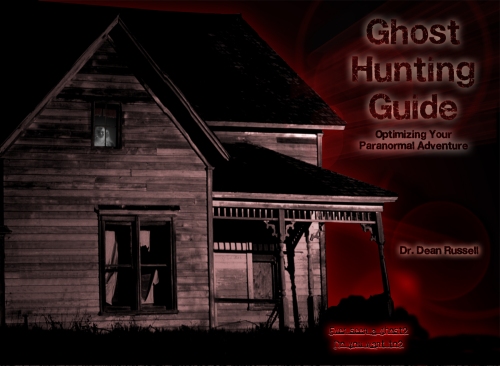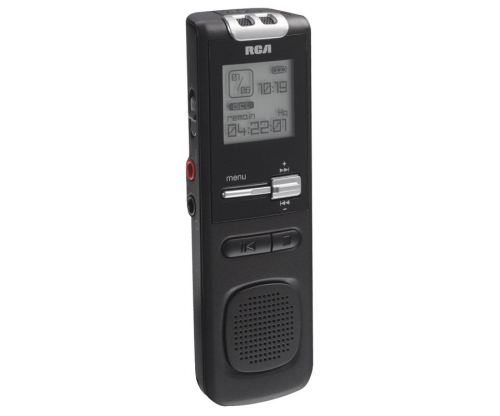Jonathan Haidt, The Happiness Hypothesis. In his quest to answer the question, “What makes a human being happy?” Haidt discovered that seeking happiness is not the real goal; happiness occurs once you simply remove stress. Finding and mitigating stress factors in your life automatically results in a calm, stress-free brain.
In one of the many sources of research cited in the book, it was discovered that a major source of stress for humans is dealing with the unknown. The brain can literally reset itself to accept most sources of pressure, adapting to situations and labeling them as “normal.” As such, people can live in high-pressure, anxiety-ridden environments and the brain can adapt so the person doesn’t suffer in the long run.
The unknown, however, seems to be one source of stress to which the brain cannot adapt. The lack of control over one’s immediate environment causes angst that is too great for the brain to manage. Over time, living in a state of constant unknown can cause depression, anxiety disorders, higher rates of illness, and a shortened life span. Conversely, even a small amount of control eliminates stress. In one study, for instance, people were sat alone in a room and told that a very loud horn was going to be blast in their ears at unexpected intervals. The noise was painful enough to cause anxiety, so the participants demonstrated elevated blood pressure, increased heart rate, and other signals similar to someone visiting the Department of Motor Vehicles.
However, some participants were given a small button and told that if they pushed the button the noises would stop. They were told that they could push the button at any time, but to try to go for as long as possible enduring the painful noises. The participants given control over stopping the blasts from the horn were able to endure much longer periods in the noisy room than those who were not. The simple knowledge they had control over their environment allowed them to better withstand the unknown without anxiety.
The reason I was reminded of all this research was another discovery in the book; that start-and-stop traffic is one source of stress that the brain cannot seem to manage. With all of its ability to reset itself to manage sources of anxiety, the brain can’t seem to adjust to the inconsistencies of a daily commute. If your daily commute involves a nice, long drive through the country, then your stress actually dissipates. However, if your commute is in heavy stop-and-start traffic, anxiety will increase. No matter how often you experience the same commute, your brain will never get accustomed to it.
So naturally, as I sat in traffic watching the GPS remind me I should have left a week earlier, I thought about how the unknown has affected me as a customer and/or business colleague. I thought of how calming it was to get simple confirmations of meetings or conference calls the day before the event. I thought of how surprised I was when I provided confirmation calls to clients the day before a keynote, workshop, or meeting and they were so appreciative of a simple phone call. All the details of these events had been set weeks earlier, but one final call made everything more relaxing. Even better, I remembered how much more calming a phone call was compared to an e-mail. Sure, electronic communication provides written confirmation, but human beings are ultra-social animals. Social mammals aren’t calmed by reading text, we need human contact. A voice calms a person better that text ever can.
From a Stevie Ray blog!




